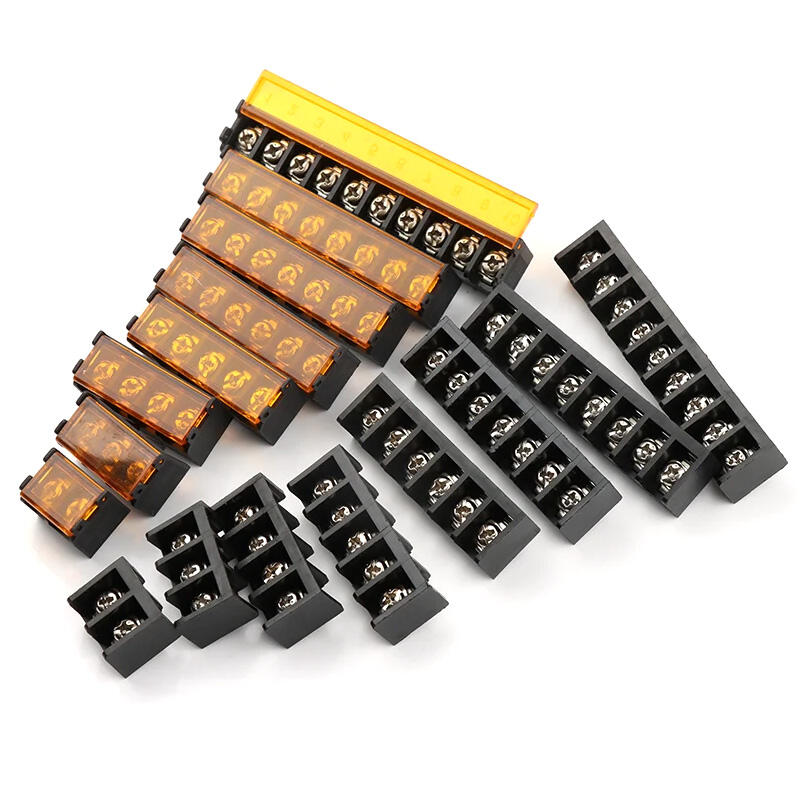Most systems in today’s electrical and electronic equipment rely on both the connections’ efficiency as well as reliability. The use of modular terminal blocks has become quite popular within the concept of systems design and this has very many advantages in comparison with previous wiring techniques. In this article we will talk about the benefits of modular terminal blocks including the enhancement and improving the safety and flexibility to the systems.
What Are And How Do Modular Terminal Blocks Work?
Modular terminal blocks are types of electrical connectors and their function is to terminate wires while connecting them to other equipment within the system. They provide varying dimensions and arrangement of components that allow easy construction as well as modification to suit specific needs. Because of their modular characteristics, there is usually no need to change a large number of existing designs when adding new ones and therefore it is ideally suited for fast-paced environments.

Key Benefits of Modular Terminal Blocks
Flexibility and Flexibility
Flexibility in design is one of the greatest attributes for using modular terminal blocks. Individual terminal blocks can be designed in such a way that they are bolted together according to the user’s preferences and components can easily be changed as user requirements change. This is an important advantage especially in industries such as automation, telecommunications and manufacturing where systems have to be quickly developed to accommodate such new requirements.
Reduced Complexity in Wiring and Maintenance
To improve the wiring practice, modular terminal blocks permit inter-connection of several wires to a single point thereby eliminating wires dangling about. Such organization minimizes the complicated wire connections making fixing easier and less prone to mistakes.
Greater Security
Safety is one of the designers key notable factors to be addressed in electrical design. Depending on the type of modular terminal block, there are mechanical features that are built into the block to prevent wires from flying away such as screws and spring clamps A number of terminal blocks are also built with insulation barriers that will help withstand shocks and prevent short circuits as well providing extra safety in a high voltage environment.
Greater Land and Volume Efficiency
The compact construction of modular terminal blocks allows maximizing the available volume within control panels and their housings. Designers may therefore arrange more composition in a conventional flooring by utilizing vertical space and limiting wiring systems’ overflowing area.
Expanded Range of Possible Connections.
Interconnected modular terminal blocks come in multiple instruments, different poles for different configurations, density, and orientation. This stimulates the designers to find the appropriate terminal block for the specific design wishing the performance and system integration.
There are evident benefits that can be observed in a design system with modular terminal blocks integration which have enhanced effectiveness and safety. Reasons like quick and convenient declutching of wiring, enhancing maintenance, and enhanced management of regions make them fit in many applications.